Selling Eco(nomically) Friendly Products
Stocking eco-friendly products can help garden centers attract customers: Organic, nonthreatening products can be a real draw, especially with the chemicals and synthetic products often associated with gardening.
“The [green] market is continuing to grow into the mainstream, and the casual gardener is evolving to be more Earth-conscious,” says Susan Thoman, director of marketing and business development for Cedar Grove Composting, a Washington-based compost manufacturer. “We have been working with gardeners and garden retailers since 1989 but have really seen the demographic shift in the last few years to a newer buyer that supports eco-consumerism.”
A Natural Starting Point
Composting is a great starting point for eco-friendly merchandise. The ultimate example of “reduce, reuse and recycle,” compost is a natural alternative to many synthetically made products. Bags of compost can be sold as soil amendments, which reduce the need for fertilizers, or mulch, which aids in water retention, along with many other benefits.
Companies such as Cedar Grove produce 100 percent organic compost made from yard trimmings, food waste, wood waste and other materials that would have otherwise been thrown away. With the mounting concern over landfill usage, composting is a great way to show your customers how they can help reduce waste. At Cedar Grove, more than a million pounds of material that would have been sent to a landfill are diverted to composting plants every day. “This volume is the equivalent to minimizing emissions generated by approximately 54,000 American cars every year,” Thoman says.
Save Money and the Environment
Not only is composting a great way to reduce your carbon footprint, but it is also a way for consumers to reduce the dent in their wallets. Garden centers that sell do-it-yourself compost equipment should encourage consumers to save money by composting at home. This can reduce the amount of household waste customers dispose of and also create “homemade” gardening material, saving the additional expense of yard-waste disposal and the need for high-priced fertilizers. This can really add up, in an economic climate defined by penny pinching.
Garden centers can also carry a range of accessories that aid the home composting process, from additives that speed decomposition to “compost crocks” that hold kitchen waste until it is emptied into the compost bin. Even though the consumer may not need to buy as many bags of compost, these products are a way for garden centers to remain popular destinations for home composters. Not to mention customers won’t be able to stay out of their gardens once they see the results their compost produces.
Reap the Benefits
As a soil amendment, compost can improve soil structure, add nutrients, suppress disease and weeds, help maintain pH levels and increase water retention. Compost enhances the nutrient holding capacity of the soil, improving root growth and yield. Desirable microbial and earthworm populations also thrive in composted material. Baker’s Acres Greenhouse, a garden center in Alexandria, Ohio, carries composted soil amendments. “They result in better plant growth; plants grow faster and beefier,” says owner Chris Baker. “If customers have an interest in amending their soil or ask what they can do to make their beds better, we will suggest compost.”
So if you’re looking for a way to attract that eco-conscious demographic or extend your reach into the “green” market, compost can be both retailer- and consumer-friendly. With the increasing consumer desire to buy products that perform well and are safe for the environment, compost should be very appealing. Not only is compost produced using an eco-friendly process, but it also gives gardeners a way to reduce the number of synthetic products that they put into the ground.


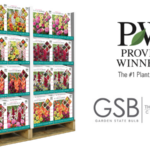
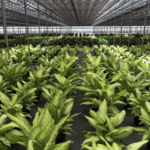
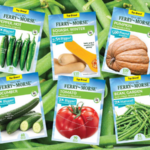

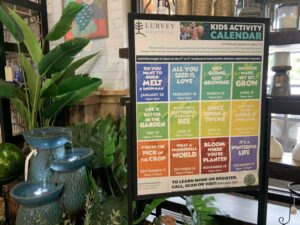


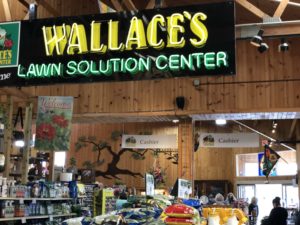
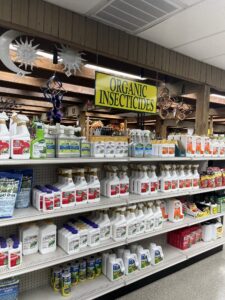
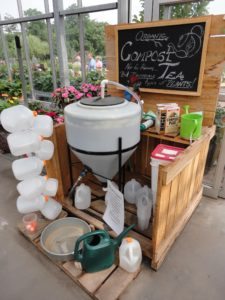



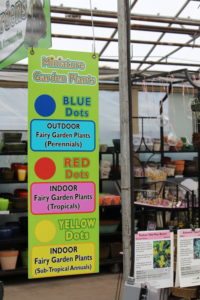
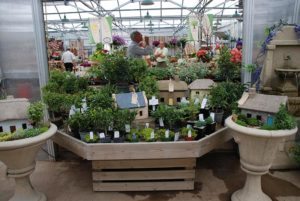

 Videos
Videos





